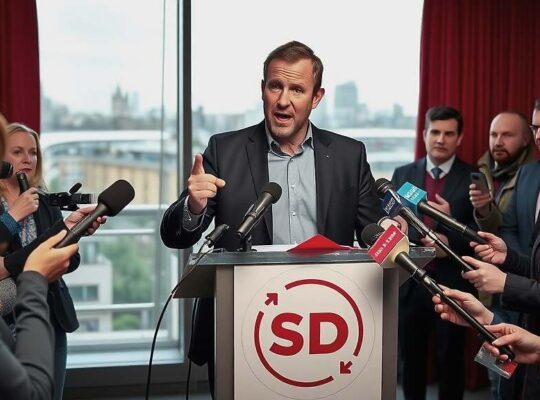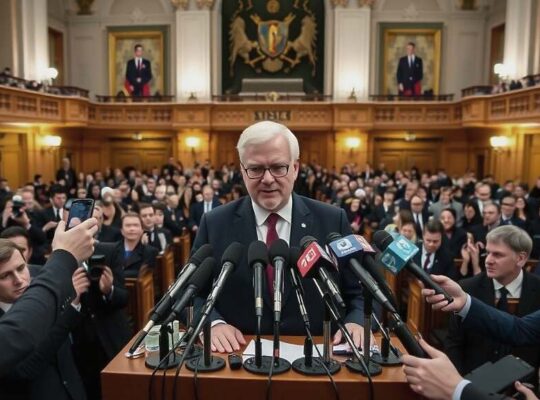The Social Democratic Party (SPD) is forcefully defending its insistence on maintaining the 65% renewable energy requirement for new heating systems within the proposed Gebäudeenergiegesetz (GEG), a move drawing sharp criticism and intensifying the debate surrounding Germany’s energy transition. SPD parliamentary group’s spokesperson for energy policy, Nina Scheer, challenged critics to present viable and equally secure, clean and affordable alternatives, asserting that none are currently visible.
This stance reflects a firm commitment to escaping the vulnerabilities exposed by the 2022 energy price crisis, which vividly illustrated the economic risks and potential for manipulation inherent in reliance on fossil fuels. Environment Minister Carsten Schneider (SPD) shares this conviction, signaling a potential point of contention within the governing coalition.
While the coalition agreement initially promised to “scrap” the existing Heizungsgesetz and create a more technology-neutral, flexible and simplified GEG, focusing on achievable CO2 reduction as a primary steering factor, the 65% renewable requirement has become a significant stumbling block. The pledge to continue renovation and heating subsidies further complicates the situation, suggesting a more nuanced approach than a complete dismantling of existing regulations.
The conservative Union faction, however, is vehemently advocating for the elimination of the renewable energy quota. Andreas Lenz (CSU), the parliamentary group’s spokesperson for energy policy, argues the 65% rule is “inappropriate” and should be removed, echoing concerns voiced by the Economics Ministry. Lenz and fellow CDU deputy chairman Andreas Jung are positioning the rule as overly complex and bureaucratic, demanding a “reliable framework” for citizens devoid of prohibitions and constraints. They contend a focus on local decision-making and a clear overarching policy would be preferable to rigid mandates.
The escalating disagreement arrives against a backdrop of persistent failure to meet climate targets within the building sector. Experts warn that Germany faces potential EU penalties through the “Effort Sharing Regulation” if emissions are not sufficiently curtailed. This financial pressure further complicates the debate, as policymakers grapple with balancing climate ambition, economic feasibility and the political realities of a deeply divided electorate. The struggle over the Heizungsgesetz thus highlights a fundamental fault line in Germany’s energy transition: the tension between urgent climate action and the potential for citizen resistance fueled by perceived overregulation and economic hardship.












